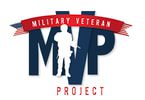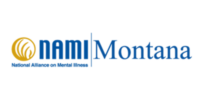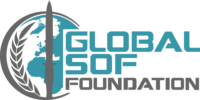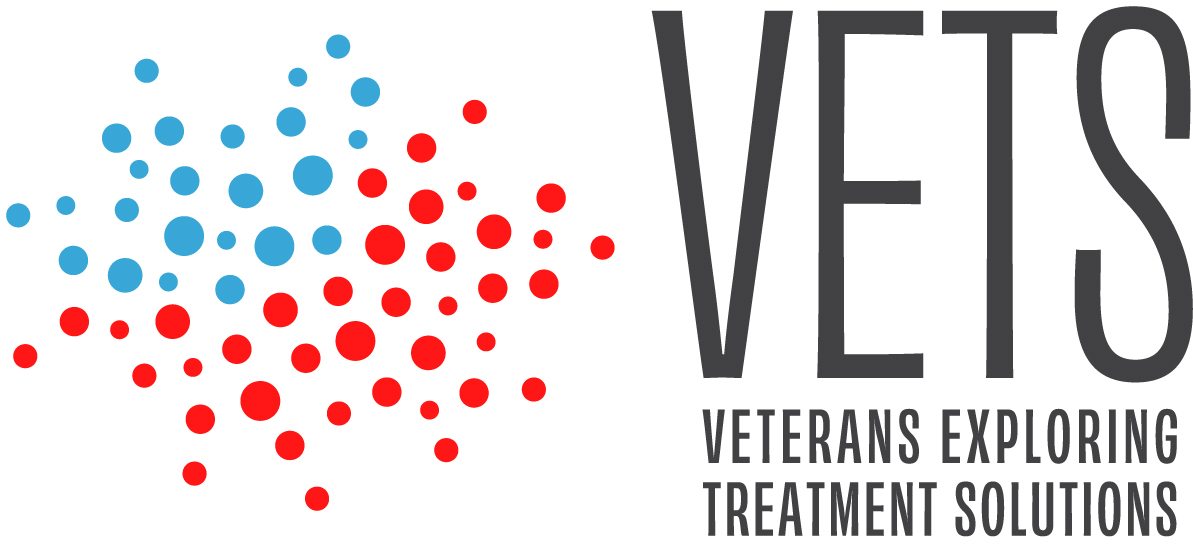Suicide rates among Veterans are not improving.
We can and must do better.
Tragically up to 22 American Veterans and service members die by suicide daily.

Nearly 300,000 Veterans who returned from the wars in Iraq and Afghanistan are suffering from PTSD.
Veterans and service members need more treatment options.
Despite decades of promising research and more than $1.1 billion spent on clinical trials1, no new drugs for PTSD and TBI have successfully advanced to FDA approval. And the research pipeline for new devices and therapies is thin as many pharmaceutical companies have abandoned research into PTSD and TBI.
Complex problems require a new approach that embraces collaborative science conducted to the highest standards of quality and with an openness to share data towards a common goal.
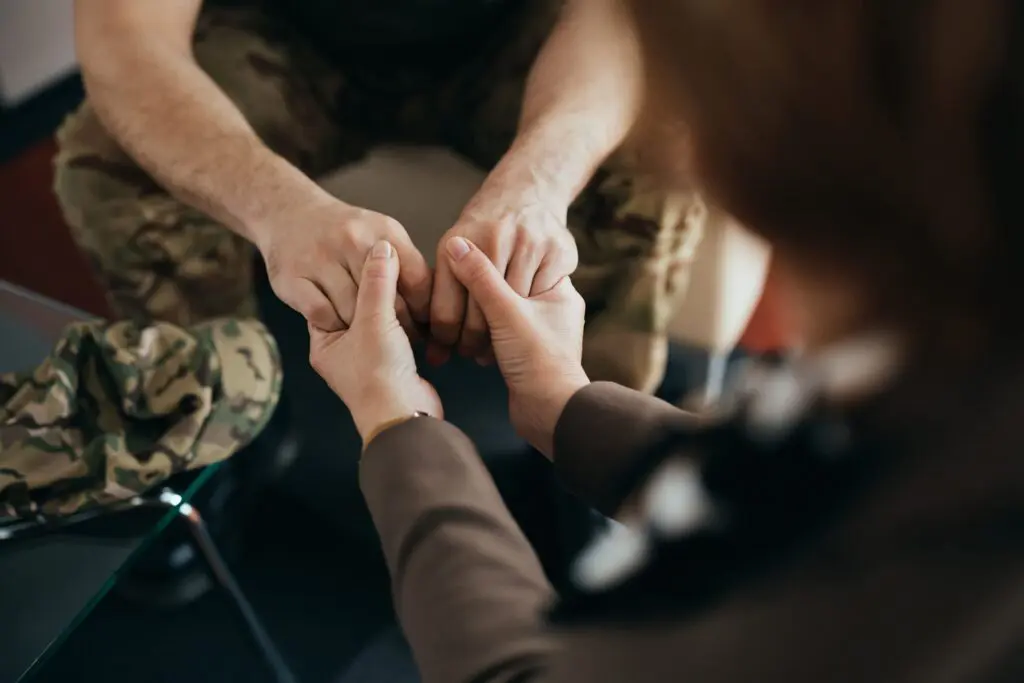
About the Coalition
Co-founded by Cohen Veterans Bioscience, the Coalition to Heal Invisible Wounds brings together leading non-profit organizations seeking to advance a comprehensive research-focused advocacy agenda to address the invisible wounds of war—PTSD and TBI—as well as to address co-morbid conditions such as pain and substance use disorders, which are known to dramatically increase the risk of suicide among Veterans and service members.
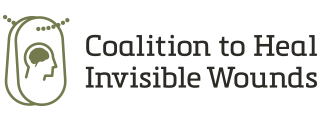
Advocacy Priorities
The Coalition seeks to promote reforms, policies and meaningful research investments that will spur new research discoveries and advance a precision medicine approach for the invisible wounds of war.
Develop high-quality brain trauma therapies for Veterans
Veterans and service members have earned the right to world-class health care, but doctors have too few treatment options. Congress should help researchers develop evidence-based therapies that are tested and proven by rigorous, randomized clinical trials.
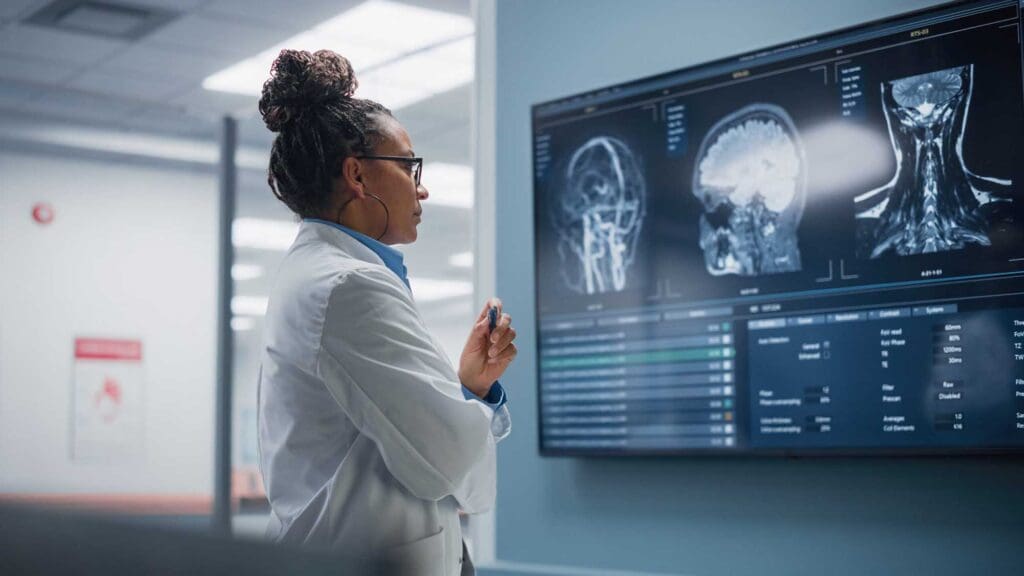
Adopt collaborative research roadmaps
The United States Department of Veterans Affairs (VA) and The United States Department of Defense (DoD) have outstanding assets and institutional strengths and can become leading partners in delivering new precision medicine approaches for PTS and TBI. Several collaborative initiatives have outlined gaps in the current knowledge and recommendations to move the research forward.
Congress should compel the VA and DoD to develop a cohesive research strategy for the invisible wounds that builds on public-private partnerships.

Ensure full implementation of important mental health legislation
When available treatment options fail, many Veterans feel resigned to take their mental health care into their own hands and turn to alternative treatments with little clinical guidance.
Congress should direct the VA and DoD to demonstrate conclusively whether emerging treatments such as psychedelics, stellate ganglion block, and hyperbaric oxygen therapy work and in which people.

Ensure full implementation of important mental health legislation
Bicameral and bipartisan ground breaking legislation, such as the Commander John Scott Hannon Mental Health Act, have been passed by every administration during the last 30 years, with little oversight into their implementation.
Congress should ensure full implementation of the Commander John Scott Hannon Mental Health Act, and especially on Sections 305, 306, 704, and 705, which created new tools for the VA to support leading-edge research.

Contact
For more information about the Coalition to Heal Invisible Wounds and how to become a member, please contact our Senior Director of External Affairs, Dr. Chantelle Ferland-Beckham.
Dr. Chantelle Ferland-Beckham, Ph.D.
Senior Director, External Affairs
Contact via Email

















